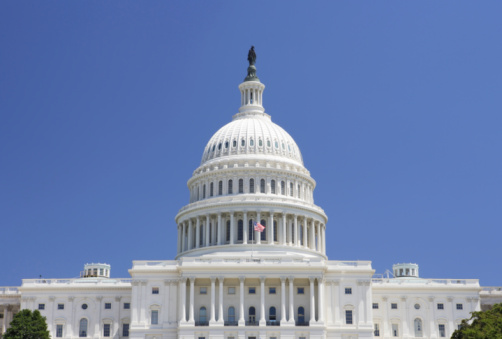Investing
Democratic Plan to Dodge the Sequester Includes Tax Hike for Millionaires
Published:
Last Updated:

That’s not to say that the Democratic bill is going to make it out of the Senate. Republicans in both houses of Congress are opposed to an tax increase to replace spending cuts.
The $54 billion tax increase proposed by the Democrats would come from an implementation of the so-called Buffett Rule, which would set a minimum tax rate for wealthy taxpayers, a change in the tax treatment of oil recovered from oil sands deposits, and an end to tax breaks that encourage companies to move jobs overseas.
Details are scarce, but according to thehill.com, implementing a Buffett Rule would mean phasing in a 30% effective tax rate for incomes between $1 and $2 million. A good example of how this might work is provided Tony Nitti over at Forbes.com.
Last year the Joint Committee on Taxation estimated that a 30% tax rate would generate about $5 billion a year, a nice chunk, but still less than 10% of the $54 billion in tax increases required under the Democrats’ proposal. The other loopholes would not make up the difference, so there are definitely boxes still to be filled in.
While there are still some questions about how it all might work and how much money it might raise, it’s pretty certain that none of that matters. The Republicans are a virtual lock to kill the bill, perhaps even in the Senate.
The average American spends $17,274 on debit cards a year, and it’s a HUGE mistake. First, debit cards don’t have the same fraud protections as credit cards. Once your money is gone, it’s gone. But more importantly you can actually get something back from this spending every time you swipe.
Issuers are handing out wild bonuses right now. With some you can earn up to 5% back on every purchase. That’s like getting a 5% discount on everything you buy!
Our top pick is kind of hard to imagine. Not only does it pay up to 5% back, it also includes a $200 cash back reward in the first six months, a 0% intro APR, and…. $0 annual fee. It’s quite literally free money for any one that uses a card regularly. Click here to learn more!
Flywheel Publishing has partnered with CardRatings to provide coverage of credit card products. Flywheel Publishing and CardRatings may receive a commission from card issuers.
Thank you for reading! Have some feedback for us?
Contact the 24/7 Wall St. editorial team.